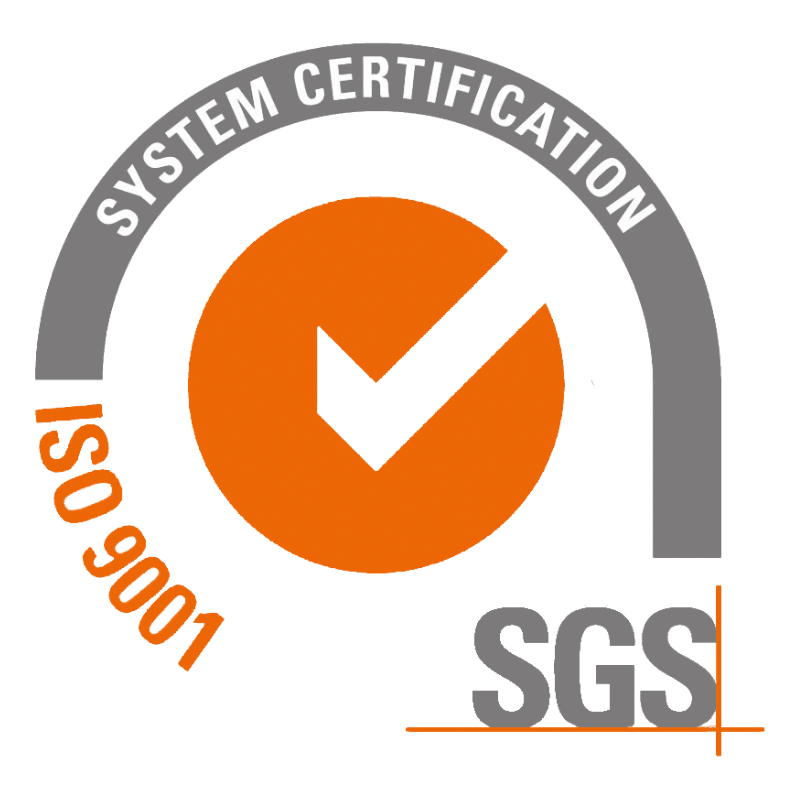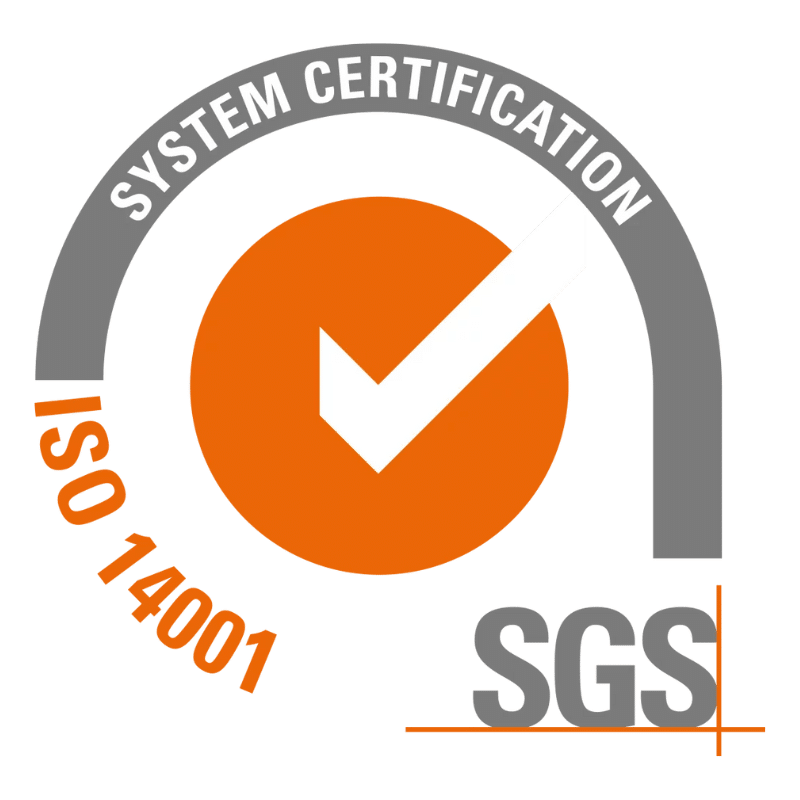Leading people isn’t a ‘one size fits all’ job. Managers that only use one approach can have a damaging effect on organisations and individuals. Successful leaders not only have more than one ‘hat’ they can wear, they are also adept at recognising when it’s most appropriate to put a particular one on.
This is why leadership development programmes feature models of leadership managers can select from and immediately put into practice in their day-to-day role. By applying such knowledge and structure to their leadership responsibility, they are doing everything they can to get the best out of individuals, teams and working groups.

Situational Leadership, a term first coined by Paul Hersey and Ken Blanchard, describes how managers can deploy different leadership styles, dependent on the context. The model examines the levels of support and direction in day-to-day management and concludes that managers benefit from being able to tell which mixture is most appropriate and beneficial in any given situation.

A new employee, for example, will need clarity on how to fulfil their role and meet the expectations placed on them, i.e. direction, but shouldn’t need too much support until they have settled in and had the opportunity to encounter problems or deficiencies that are holding back their productivity.
Once settled, they shouldn’t need to be told what to do every day – in fact, doing so can be demoralising and, ultimately, counter-productive. It’s vital that their manager has monitored their performance and development, enabling them to react accordingly when their needs change. This latter part isn’t easy – after all, it may involve moving away from an approach which has been working perfectly well up until very recently.
The subtlety of situational leadership is the ability to identify this tipping point, when one approach is becoming less effective, and a replacement approach would be better. As with all people leadership responsibilities, this takes time and practical experience to perfect, but a theoretical understanding of models like Situational Leadership is the all-important first stage.

Individual progression often follows a curve. First, as with the new starter mentioned above, they require mainly direction. Then, increased amounts of support are appropriate as well. Next, directive behaviours fall away to leave occasional support and, finally, little of either – enabling effective delegation. Hersey & Blanchard labelled the four phases of this curve as directing, coaching, supporting and delegating.
Of course, this curved route is not followed invariably: an experienced employee may need direction on a new responsibility, for example, and more support should always be available to employees, regardless of their experience.
It may seem obvious that different situations call for different approaches, but the knowledge, skills and behaviours of good people management are hard to pick up organically. Untrained managers are more likely to fight fires rather than think proactively and, as the Situational Leadership model suggests, can tend to deploy an unnuanced ‘one size fits all’ approach.

The modern importance of leadership development at all organisational levels is reflected in the increased appetite for tiered programmes. We have delivered such training to organisations of all sizes and levels of complexity in both the public and private sector, enabling individual leaders to learn and practice the models and methods that are most appropriate to their level.
We have also helped large organisations to leverage the popular Level 3 and Level 5 Management Apprenticeship standards into development programmes, enabling valuable reinvestment of their Levy payments.
Situational Leadership features in our pearls of wisdom® microlearning videos, which are designed to provide essential management and leadership knowledge in an easily-digestible, just-in-time manner.
To enquire about any of the learning and development support described above, email us on [email protected] or fill out an enquiry form on this page. We look forward to hearing from you!






